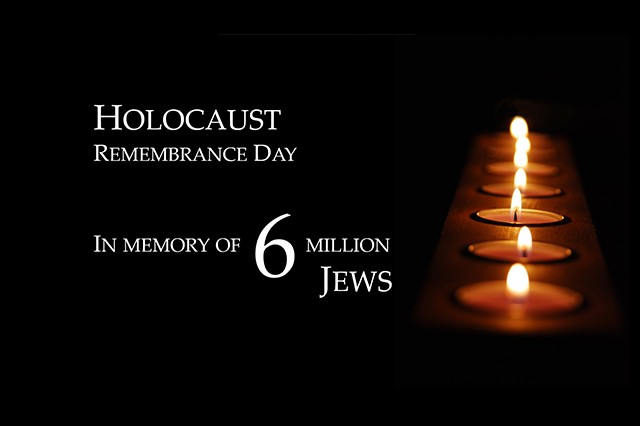STOCKHOLM/WARSAW/WASHINGTON, 27 January 2021 – “Today we pay tribute to the six million Jewish persons, half a million Roma and all other victims – who were murdered in the Holocaust. The passing of the last witnesses to the Holocaust puts a clear responsibility on all participating States to document their testimonies, to educate the next generation, to support research of the Holocaust, to remember, and never to forget. This responsibility applies equally to all genocides or mass atrocities,” says the Chairperson-in-Office, Minister for Foreign Affairs of Sweden Ann Linde. “For this reason, Sweden will host the Malmö International Forum on Holocaust Remembrance and Combating Antisemitism in October 2021,” she added. In order to also address current challenges related to anti-Semitism in the OSCE region, the Swedish OSCE Chairpersonship is organizing an expert meeting on 1 and 2 February.
Since the outbreak of the COVID-19 pandemic, we have seen hatred spreading as Jewish people and minorities have found themselves scapegoated, and in some cases, become victims of targeted violence. This spread has often been fuelled by individuals using digital technologies as a tool, which make it easier and faster to disseminate anti-Semitic conspiracy theories that have been in circulation for years or centuries. States must ensure accountability for hate crimes.
“The Holocaust provides the ultimate lesson on the horrific consequences of prejudice and hatred when they are allowed to run rampant or are actively promoted,” said Matteo Mecacci, Director of the OSCE Office for Democratic Institutions and Human Rights (ODIHR). “The efforts to combat anti-Semitism and the crimes connected to it must be redoubled by governments – while always respecting human rights and the rule of law – as we otherwise risk further spreading these toxic narratives, including through new digital technologies.”
Finding strategies to counter the spread of anti-Semitism requires a co-ordinated and comprehensive approach that brings together government, civil society, faith communities, the private sector, media, schools, and universities. ODIHR can effectively contribute to these efforts, through its coalition-building work and educational initiatives that address anti-Semitism and foster more tolerant and inclusive societies, making sure that the human rights of all those involved are always respected.
“The Holocaust demonstrated how anti-Semitism, if unchallenged, can lead societies to become undemocratic and immune to prejudice and even hate attacks against Jewish people, generating immediate and long-term threats to their security,” said Rabbi Andrew Baker, Personal Representative of the OSCE Chairperson-in-Office on Combating Anti-Semitism. “For this reason, it is critical that governments address comprehensively the security needs of Jewish individuals and communities to enable them to fully participate in the life of society.”
ODIHR is continuously seeking new and creative solutions to counter anti-Semitism in all its forms through the remembrance and study of the Holocaust and the Roma and Sinti genocide, and has developed numerous resources and teaching materials to challenge anti-Semitism both off- and online. Recognizing that education is key to preventing anti-Semitism and other forms of intolerance, the Office has published dedicated curricula to train school directors and teachers to address anti-Semitism and counter prejudice through innovative teaching methods and practices.





